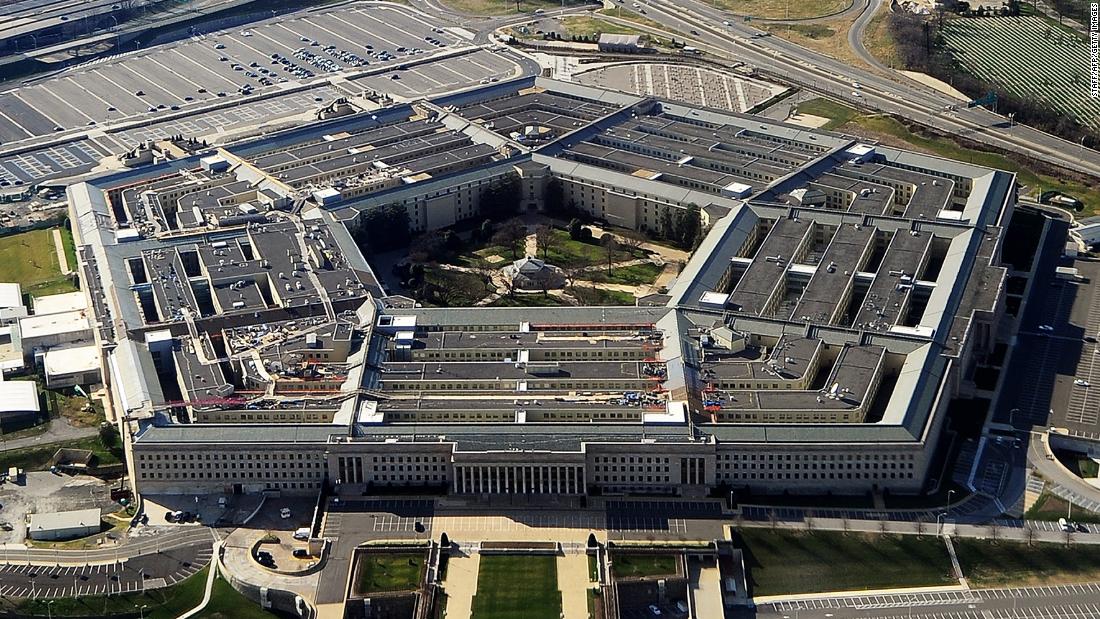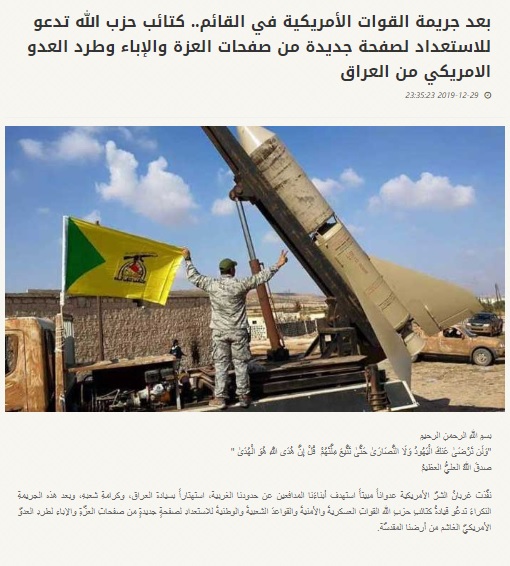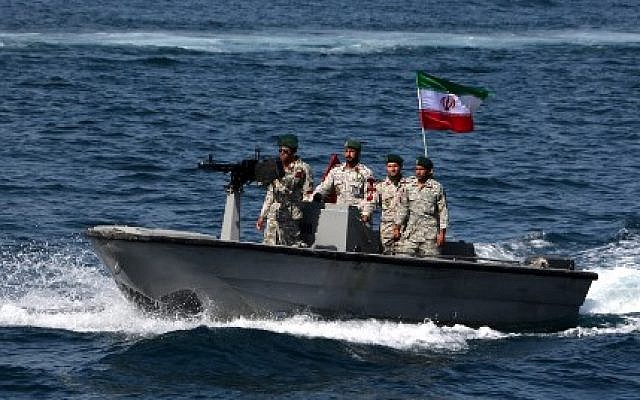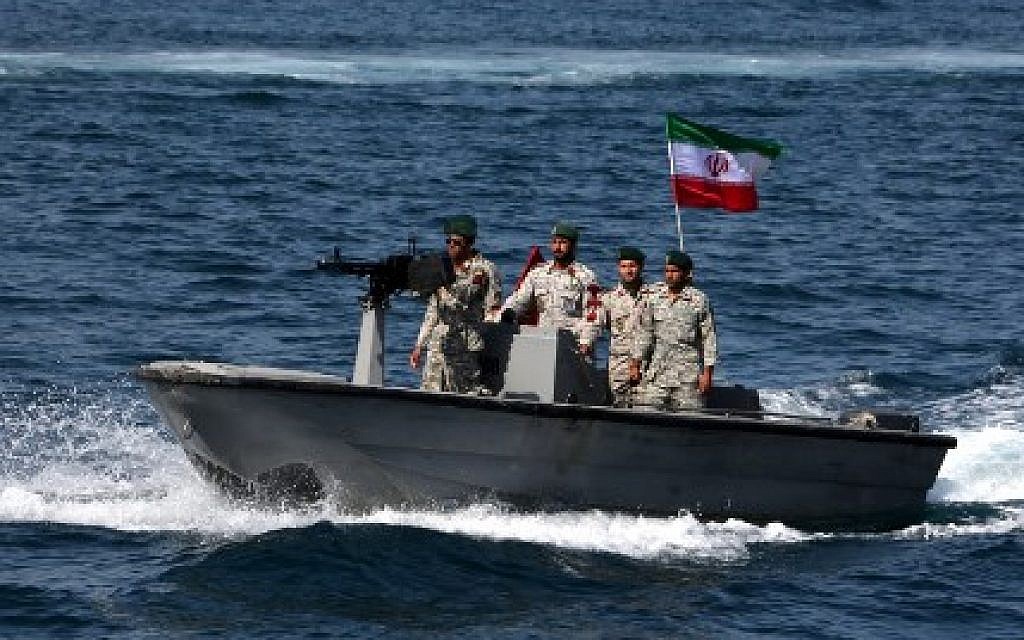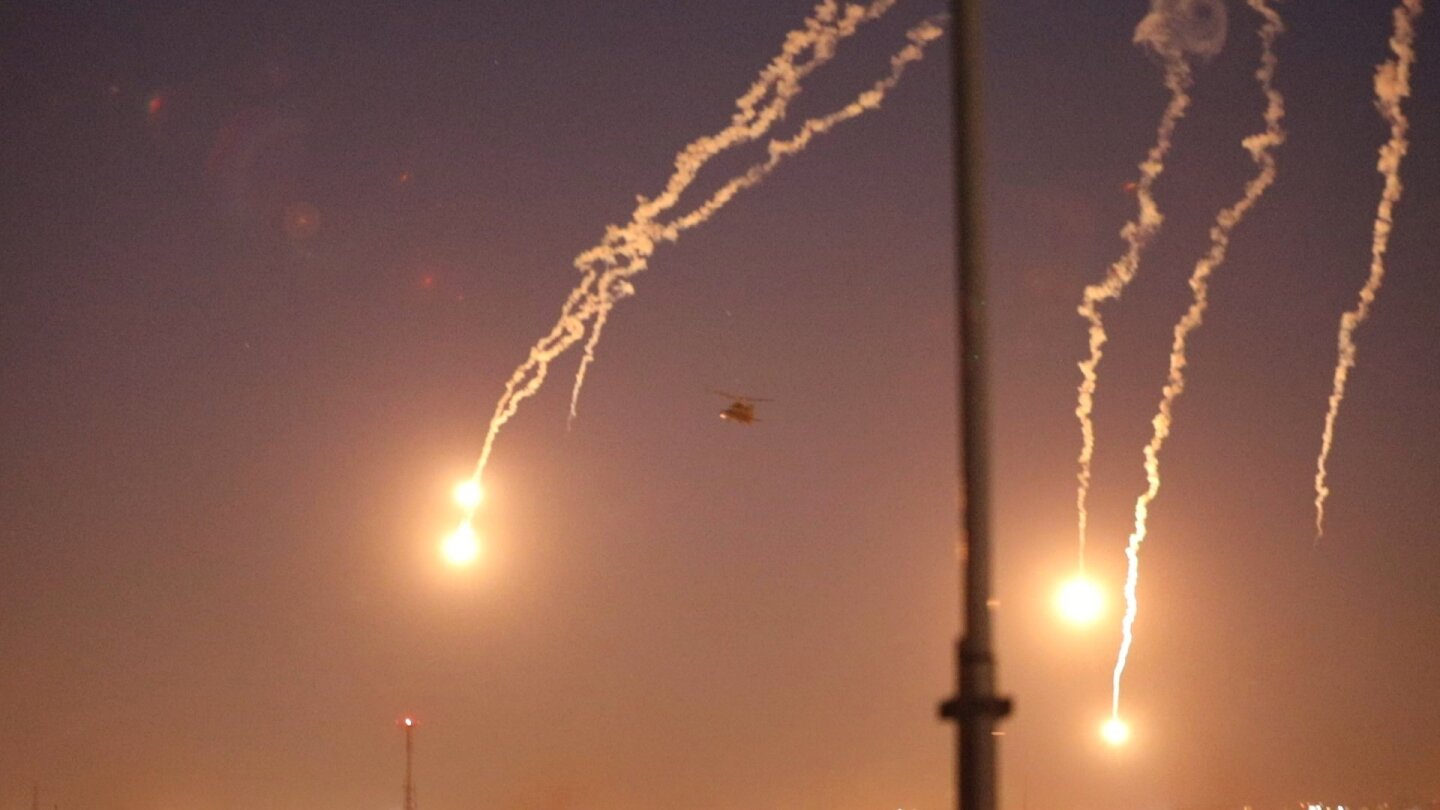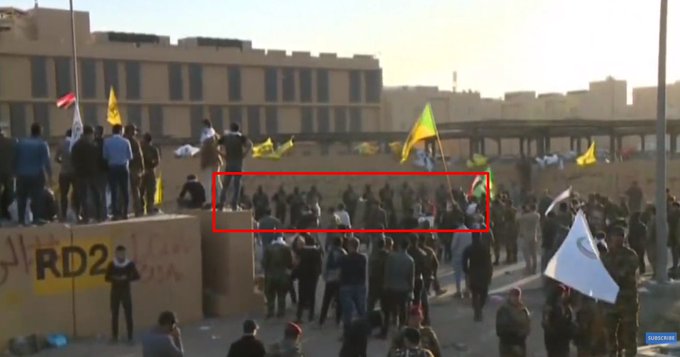BAGHDAD (AP) — Angered by deadly airstrikes targeting an Iran-backed militia, dozens of Iraqi Shiite militiamen and their supporters broke into the U.S.

apnews.com
Iraqi supporters of Iran-backed militia attack US Embassy
By QASSIM ABDUL-ZAHRA19 minutes ago
BAGHDAD (AP) — Dozens of angry Iraqi Shiite militia supporters broke into the U.S. Embassy compound in Baghdad on Tuesday after smashing a main door and setting fire to a reception area, prompting tear gas and sounds of gunfire.
An Associated Press reporter at the scene saw flames rising from inside the compound and at least three U.S. soldiers on the roof of the main building inside embassy. It was not clear what caused the fire at the reception area near the parking lot of the compound. A man on a loudspeaker urged the mob not to enter the compound, saying: “The message was delivered.”
Smoke from the tear gas rose in the area, and at least three of the protesters appeared to have difficulties breathing.
The gate that was smashed was a side-entrance, one used by cars to enter the embassy compound. Hundreds of protesters had pushed about 5 meters (16 feet) into a corridor that leads to the main building but the protesters were still about 200 meters (yards) away from it.
It wasn’t immediately known whether the embassy staff had remained inside the main building.
THIS IS A BREAKING NEWS UPDATE. AP’s previous story is below.
Hundreds of angry supporters of an Iraqi Shiite militia smashed security cameras on the wall around the U.S. Embassy in Baghdad, rattled the main gate and set on fire three empty trailers used by the guards on Tuesday. The embassy attack followed deadly U.S. airstrikes this week that killed 25 fighters of the Iran-backed militia in Iraq.
Shouting “Down, Down USA,” the crowd tried to push inside the embassy grounds, hurling water and stones over its walls. They raised yellow militia flags and taunted the embassy’s security staff who remained behind the glass windows in the gates’ reception area. They sprayed graffiti on the wall and windows in red in support of the Kataeb Hezbollah militia: “Closed in the name of the resistance.”
Hundreds of angry protesters, some in militia uniforms, set up tents outside the embassy. As tempers rose, the mob set fire to three trailers used by security guards along the embassy wall.
No one was immediately reported hurt in the rampage and security staff had withdrawn to inside the embassy earlier, soon after protesters gathered outside.
The U.S. military carried out the strikes on Sunday against the Kataeb Hezbollah militia, calling it retaliation for last week’s killing of an American contractor in a rocket attack on an Iraqi military base that it blamed on the group.
The U.S. attack — the largest targeting an Iraqi state-sanctioned militia in recent years — and the subsequent calls by the militia for retaliation, represent a new escalation in the proxy war between the U.S. and Iran playing out in the Middle East.
Tuesday’s attempted embassy storming took place after mourners and supporters held funerals for the militia fighters killed in a Baghdad neighborhood, after which they marched on to the heavily fortified Green Zone and kept walking till they reached the sprawling U.S. Embassy there.
AP journalists then saw the crowd as they tried to scale the walls of the embassy, in what appeared to be an attempt to storm it, shouting “Down, down USA!” and “Death to America” and “Death to Israel.”
U.S. Secretary of State Mike Pompeo said Sunday’s strikes send the message that the U.S. will not tolerate actions by Iran that jeopardize American lives.
The
Iranian-backed Iraqi militia had vowed Monday to retaliate for the U.S. military strikes. The attack and vows for revenge raised concerns of new attacks that could threaten American interests in the region.
The U.S. attack also outraged both the militias and the Iraqi government, which said it will reconsider its relationship with the U.S.-led coalition — the first time it has said it will do so since an agreement was struck to keep some U.S. troops in the country. It called the attack a “flagrant violation” of its sovereignty.
In a partly televised meeting Monday, Iraqi Prime Minister Adel Abdul-Mahdi told Cabinet members that he had tried to stop the U.S. operation “but there was insistence” from American officials.
The U.S. military said “precision defensive strikes” were conducted against five sites of Kataeb Hezbollah, or Hezbollah Brigades in Iraq and Syria. The group, which is a separate force from the Lebanese militant group Hezbollah, operates under the umbrella of the state-sanctioned militias known collectively as the Popular Mobilization Forces. Many of them are supported by Iran.


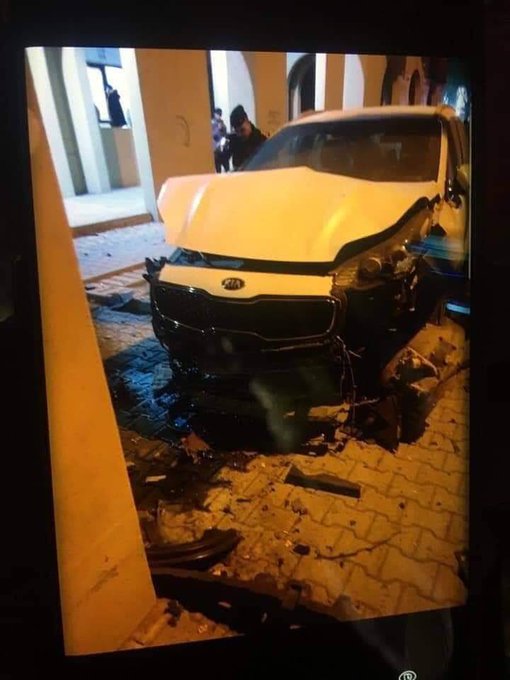


![OIR Spokesman Col. Myles B. Caggins III tweeted this image with the caption: In response to repeated Kata'ib Hizbollah attacks on Iraqi bases that host @CJTFOIR forces, U.S. forces conducted precision defensive strikes against 5 KH facilities in Iraq & Syria [to] degrade KH's ability to conduct future attacks against @coalition forces. ~@ChiefPentSpox OIR Spokesman Col. Myles B. Caggins III tweeted this image with the caption: In response to repeated Kata'ib Hizbollah attacks on Iraqi bases that host @CJTFOIR forces, U.S. forces conducted precision defensive strikes against 5 KH facilities in Iraq & Syria [to] degrade KH's ability to conduct future attacks against @coalition forces. ~@ChiefPentSpox](https://cdn.cnn.com/cnnnext/dam/assets/191229150359-iran-militia-us-strikes-large-tease.jpg)
